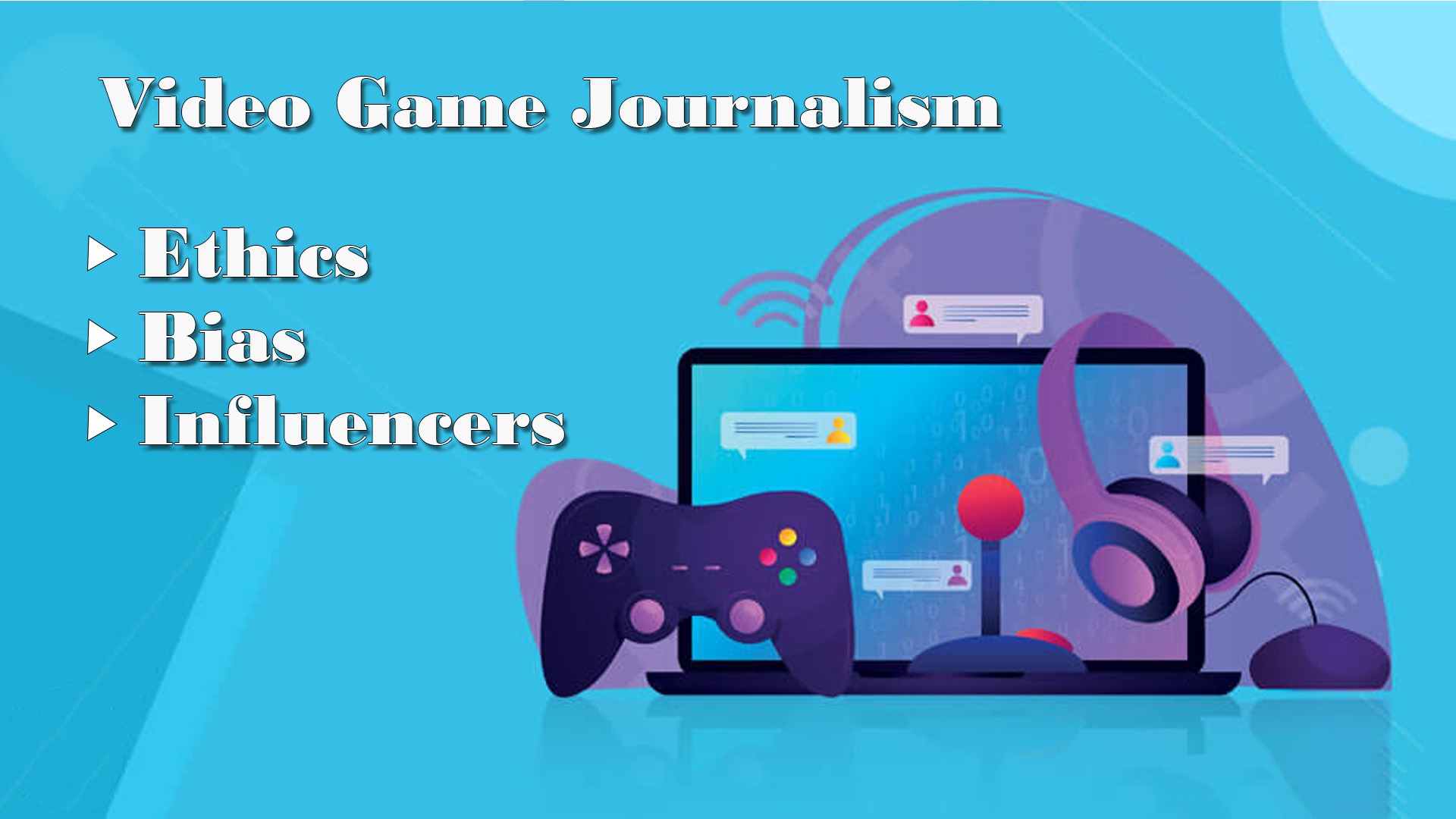It’s no secret that the video game industry is huge. And, with big $$ comes big responsibility – especially when it comes to the journalists who cover gaming. There are a lot of ethical considerations to take into account, as well as potential bias and conflicts of interest. In this post, we’ll be taking a look at these issues in the context of video game journalism.
The history of video game journalism and how it’s changed over time
Video games have been around for decades and in that time, the gaming industry has seen some significant changes and developments. One evolution that is often overlooked is the fascinating history of video game journalism. To start off, magazines were the original source for gamers to get their news from as early as 1974 when Computer & Video Games launched its first publication with too much fanfare. This was followed by a slew of other magazine publications that focused solely on providing coverage of video games. Over time, some of these publications transitioned into digital formats, but many newspapers and magazines began integrating video game content into their normal editorial coverage. Nowadays, it’s virtually impossible to find a major media outlet that doesn’t have some sort of articles or videos devoted to the world of gaming. With so many different sources available combining both traditional reporting and cutting-edge technology, there’s no better way to stay up to date with news related to video games than through avid game journalism!
The ethical considerations journalists have to take into account when writing about video games
As journalists covering video games, we have a responsibility to make sure every article we write is balanced, honest, and ethical. We need to consider the potential repercussions of our words before they are published, as they can influence viewers’ opinions in either a positive or negative light. We must abide by journalistic standards of accuracy when reporting facts, and never jump to conclusions without researching the full story. Furthermore, it’s important for us to take extra care in regard to reviews, giving an impartial assessment of the game that does not rely on personal factors such as likes or dislikes. Doing so will ensure trustworthiness and authenticity from our readers, which ultimately builds better relationships between gamers and the gaming media.
The impact of influencer culture on video game journalism
The impact of influencer culture on video game journalism cannot be denied. It has resulted in a new kind of media – an intersection between traditional gaming journalism, popular personalities, and evolving gaming landscapes. It’s changed the way we consume information and it’s affected how articles and reviews are crafted. While there is certainly an argument to be made that influencer culture has challenged journalism integrity, it isn’t all bad news. After all, influencer reviews can serve as additional perspectives to give readers more context than ever before. In terms of content creation, this new standard has pushed journalists to create more varied and entertaining pieces about the games they review or follow-up articles that offer greater insights into different genres. In short, despite some potential challenges that exist in this industry, there is no doubt that influencer culture is making video game journalism more robust than ever before.
How readers can be more critical of the content they consume online
With the sheer volume of news and information that can be accessed online, it is becoming increasingly important for readers to be critical thinkers. Doing some research instead of taking content at face value can help readers make informed decisions on what they are consuming. Being able to differentiate between a trustworthy source and one that has an ulterior motive is a great ability to have in this day and age. It’s also good practice to look into each source independently – another person’s opinion doesn’t always have to mean the same as your own. Learning how to recognize bias, perspective, and even spin in media can go a long way, so readers should continually strive to become more informed on all topics.
In conclusion, video game journalism has come a long way since its early days and continues to evolve as the industry grows. Today, journalists have to consider many ethical factors when writing about games, such as potential conflicts of interest and relationships with developers. Additionally, influencer culture plays a significant role in the world of video game journalism, which can impact the types of stories that are written and how they’re presented to readers. As more people consume gaming content online, it’s important to be critical of the sources you’re reading and viewing to ensure you’re getting accurate information.







